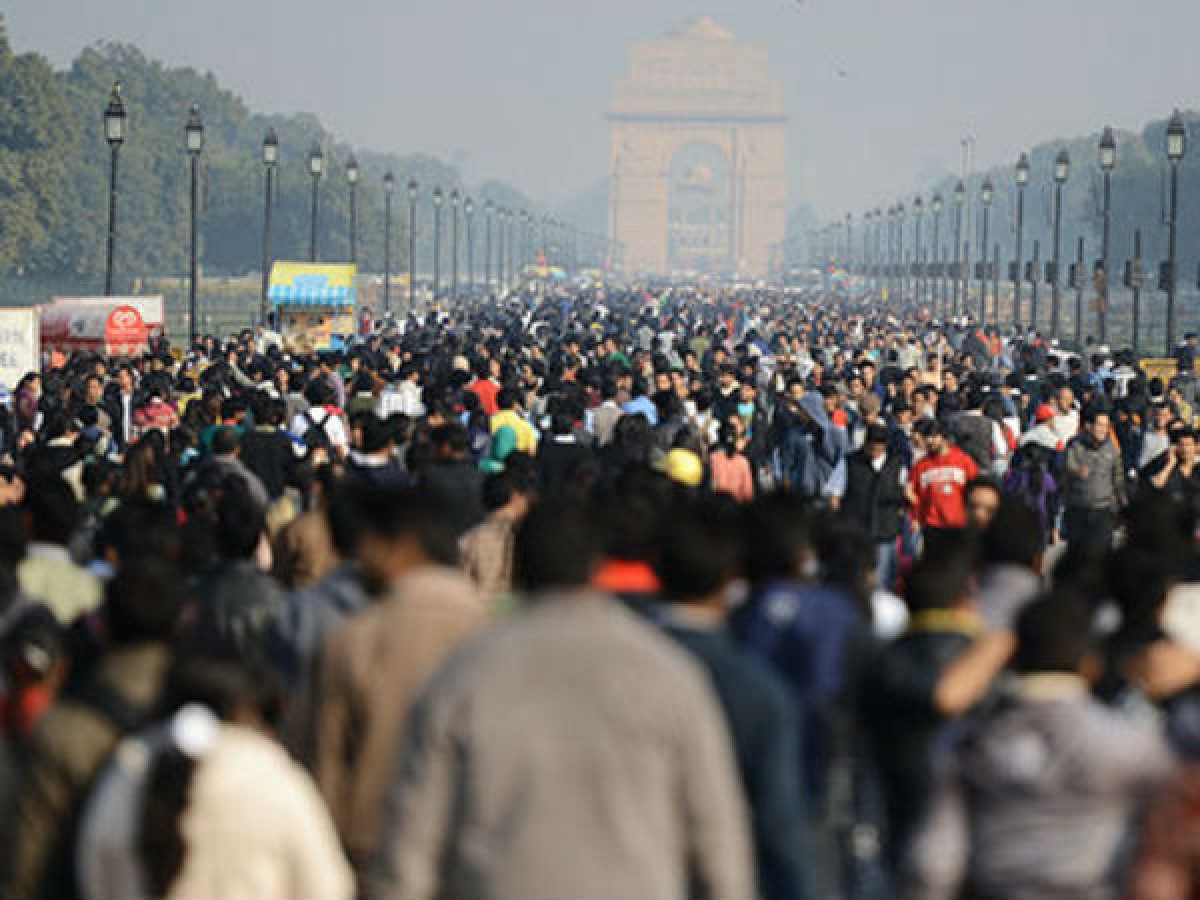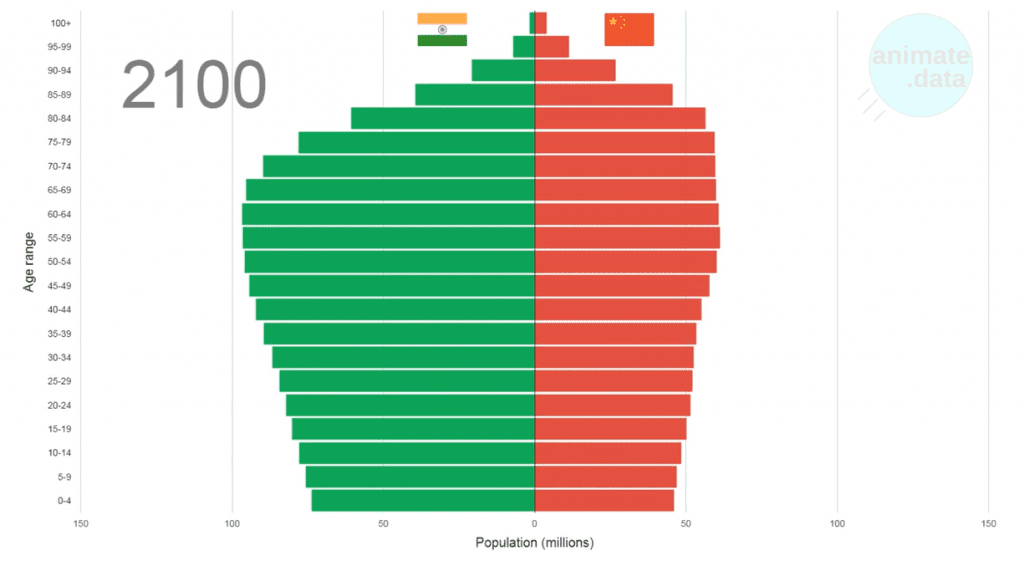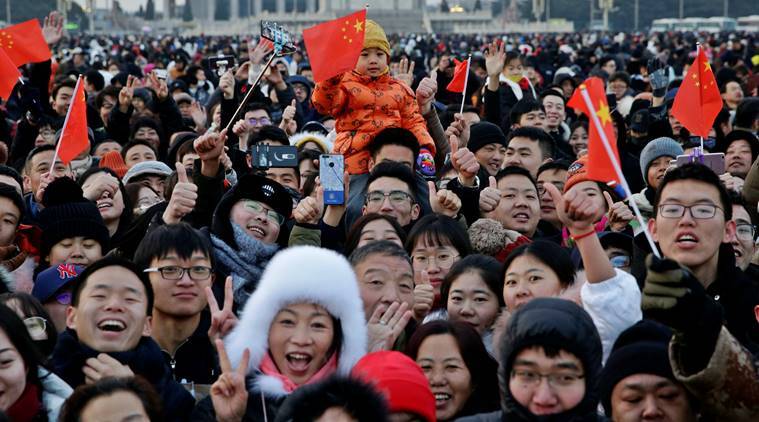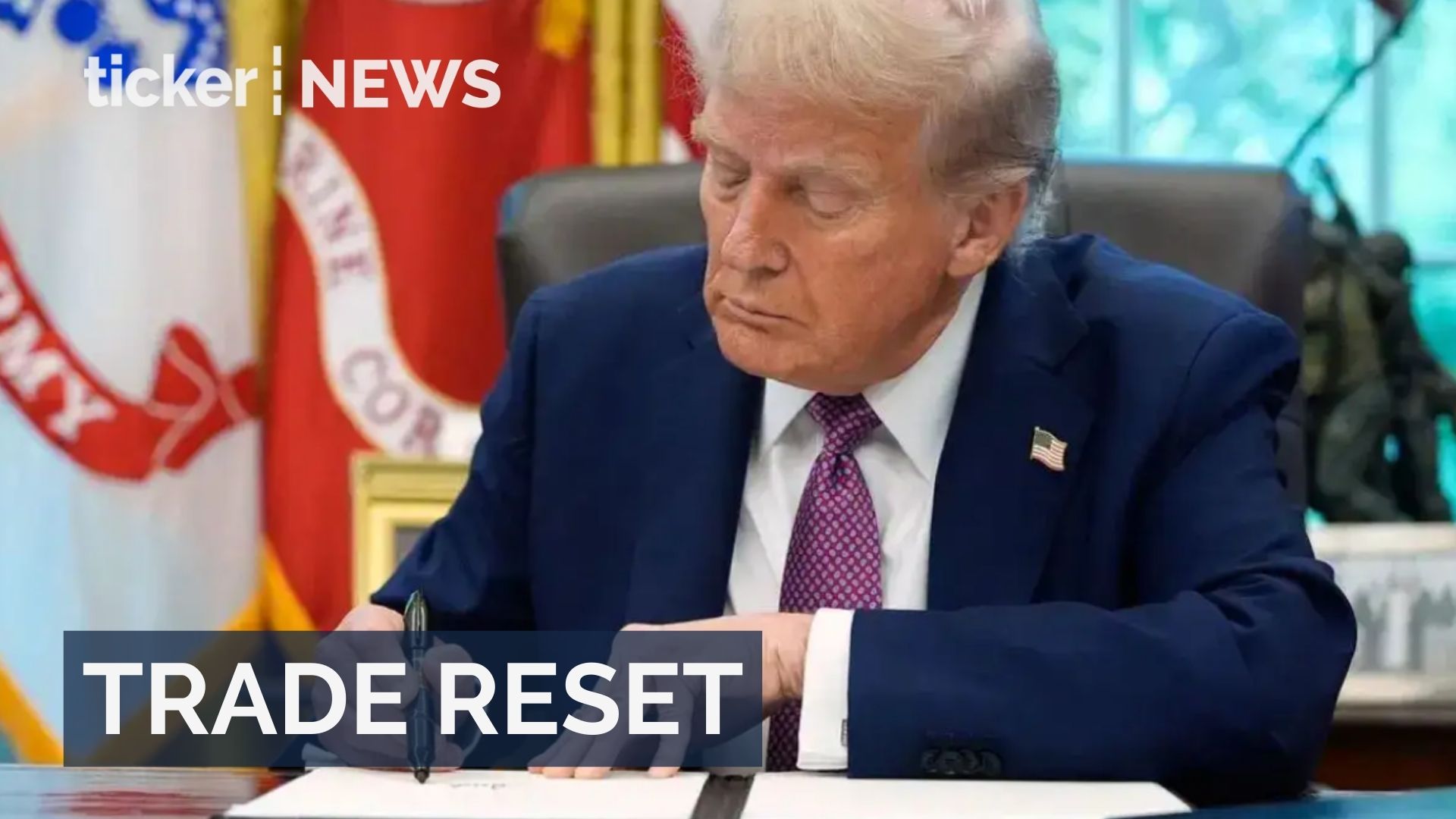News
Why the UN is worried about India’s population
-



 Ticker Views5 days ago
Ticker Views5 days agoElon Musk merges SpaceX and xAI to create solar-powered AI data centres
-



 Ticker Views5 days ago
Ticker Views5 days agoRBA interest rate increase explained – impact on Australians
-



 News3 days ago
News3 days agoU.S. ramps up Cuba aid as energy crisis deepens
-



 News4 days ago
News4 days agoAmazon launches AI tools to change film and television production
-



 News5 days ago
News5 days agoGrok continues generating sexualised images despite new safeguards
-



 Tech3 days ago
Tech3 days agoOpenAI and Anthropic launch faster, smarter AI tools for enterprise coding
-



 Shows4 days ago
Shows4 days agoAI in education: Transforming learning, challenges, and future skills
-



 News4 days ago
News4 days agoOil prices surge as U.S.-Iran tensions escalate









